Publications
Highlights
(For a full list see below or go to Google Scholar)
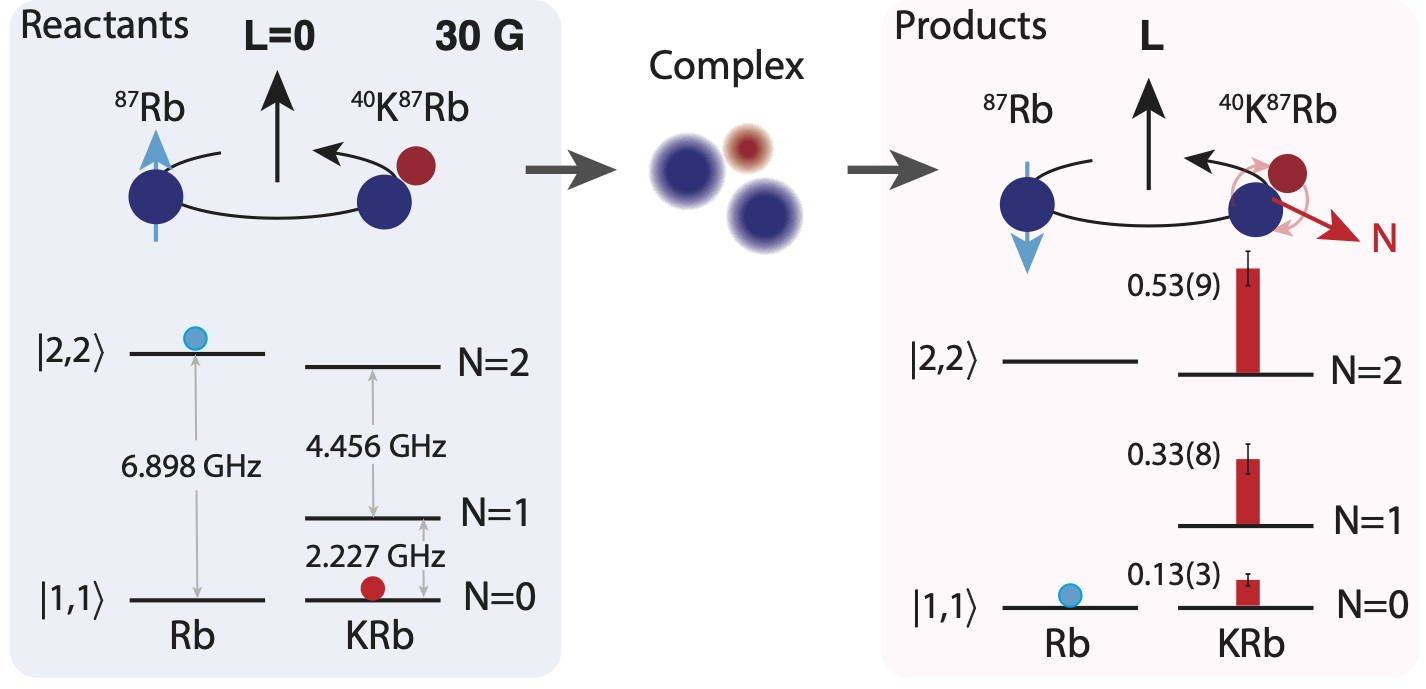
We found that nuclear spins can be active participants (and not mere observers!) in ultracold Rb + KRb collisions, causing hyperfine -> rotational energy transfer and adding a new piece to the 15-year old puzzle of sticky collisions of ultracold molecules.
Y.-X. Liu, L. Zhu, J. Luke, M. C. Babin, M. Gronowski, H. Ladjimi, M. Tomza, J. L. Bohn, T. V. Tscherbul, and K.-K. Ni
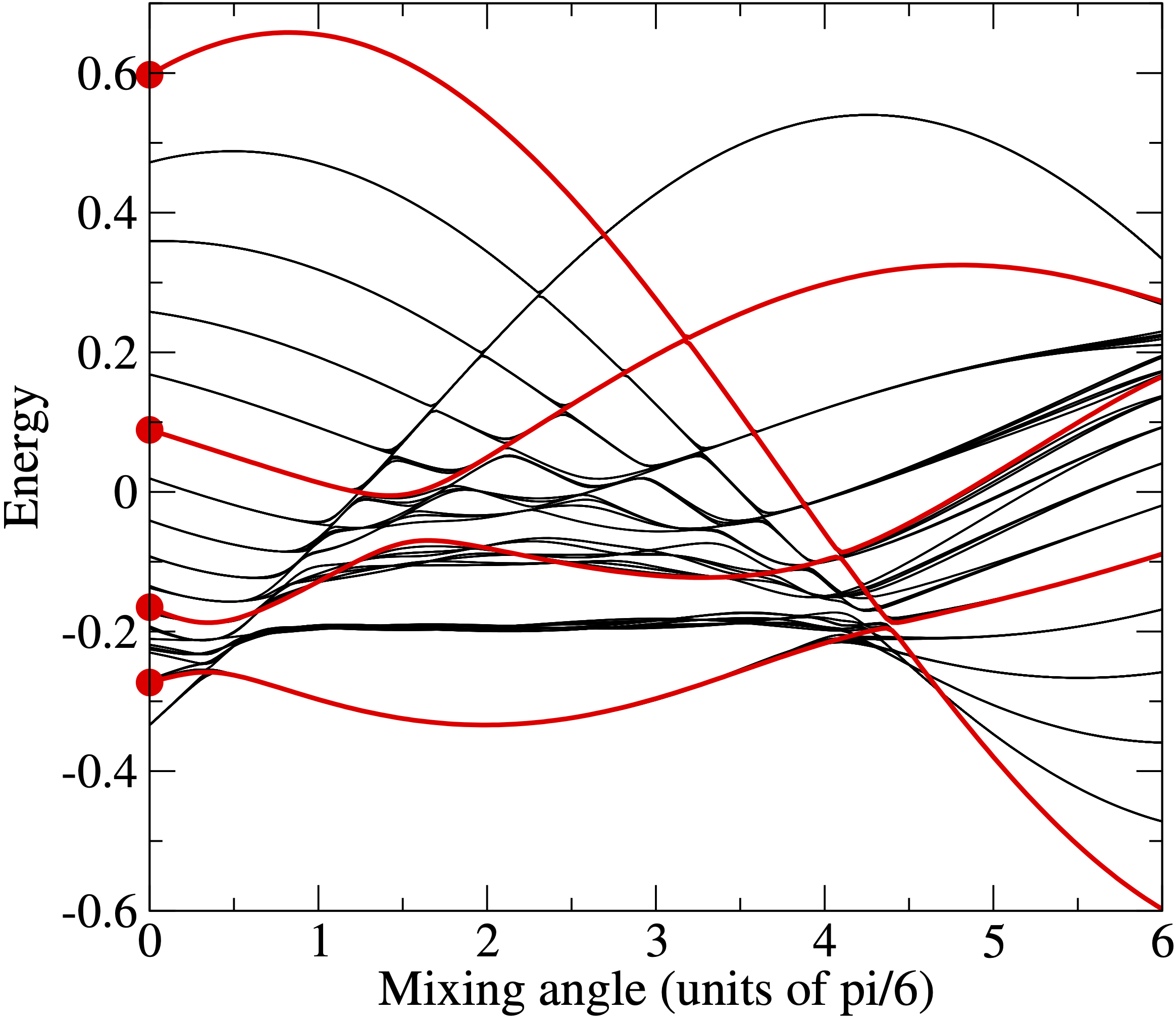
Mechanisms for violating ergodicity (the ability of a quantum system to thermalize) are of interest for probing nonequilibrium matter and protecting quantum coherence in complex systems. We study rotational ergodicity breaking in an unprecedentedly large fullerene molecule, C60, determined from its icosahedral rovibrational fine structure.
L. R. Liu, D. Rosenberg, P. B. Changala, P. J. D. Crowley, D. J. Nesbitt, N. Y. Yao, T. V. Tscherbul, and J. Ye

We report a very pronounced and narrow (25 mG) Feshbach resonance in collisions between two triplet ground-state NaLi molecules. Our observations provide strong evidence for the existence of long-lived coherent intermediate complexes even in systems without reaction barriers and open up the possibility of coherent control of chemical reactions.
Juliana J. Park, Yu-Kun Lu, Alan Jamison, Timur V. Tscherbul, and Wolfgang Ketterle
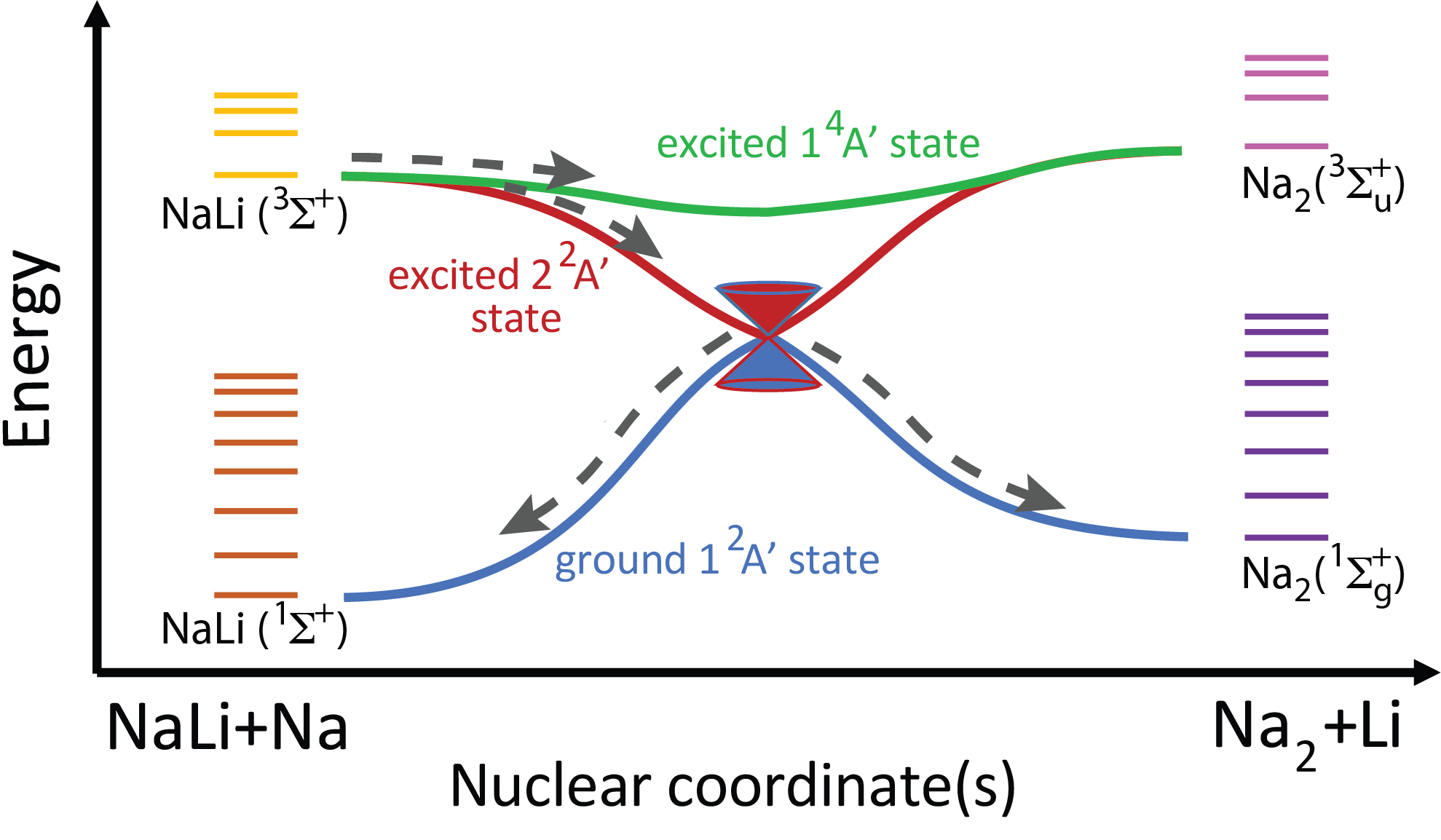
We show that it is possible to efficiently control ultracold chemical reactions of NaLi molecules in their metastable triplet states colliding with Na atoms by choosing the internal hyperfine and rovibrational states of the reactants and by inducing magnetic Feshbach resonances with an external magnetic field.
Rebekah Hermsmeier, Jacek Kłos, Svetlana Kotochigova, and Timur V. Tscherbul
Phys. Rev. Lett. 127, 103402 (2021).
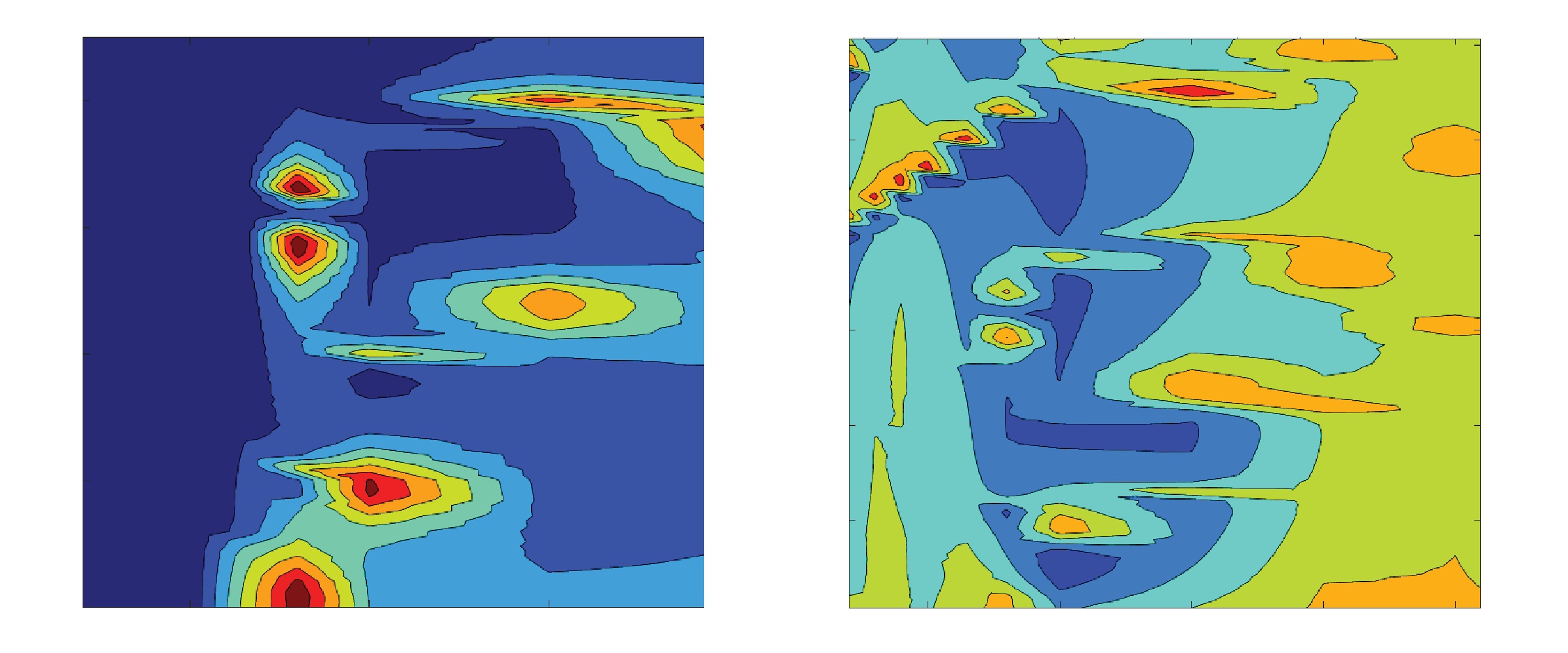
We use numerically exact quantum dynamics calculations to demonstrate universal stereoselectivity of cold atom-molecule collisions in an external electric field. We also show that it is possible to control quantum stereodynamics of cold Ne + OH collisions over the range of collision energies achievable in current merged beam scattering experiments.
Timur V. Tscherbul and Jacek Kłos
Phys. Rev. A 103, 062810 (2021).
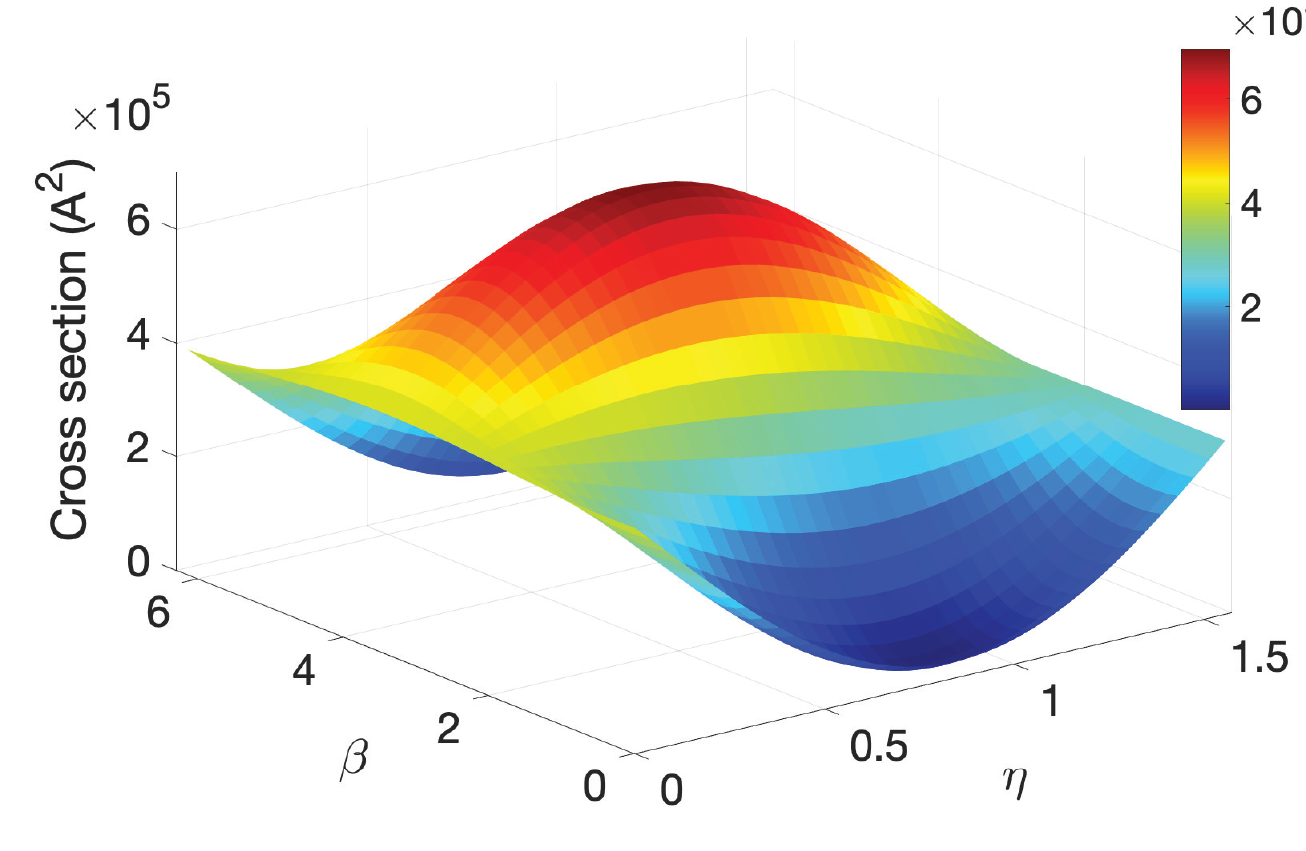
We show that quantum interference-based coherent control is a highly efficient tool for tuning ultracold molecular collision dynamics. The basic idea of coherent control is to prepare tunable quantum superposition states (“Schrodinger cats”) and to let their deBroglie waves interfere in a collision, in direct analogy with Young’s double-slit experiment.
Adrien Devolder, Paul Brumer, and Timur V. Tscherbul
Phys. Rev. Lett. 126, 153403 (2021).
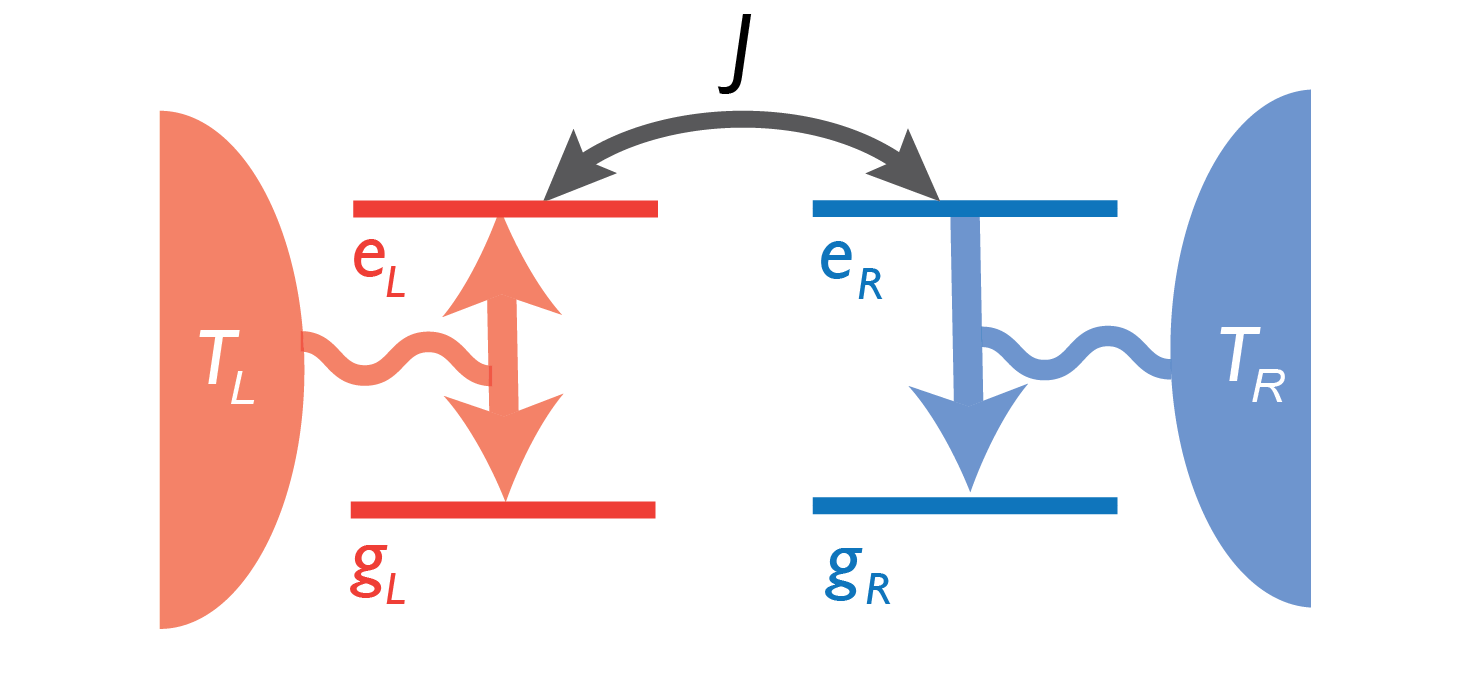
By studying the emergence of steady-state Fano coherences in three-level quantum V-systems driven by incoherent light, we establish a direct connection between the seemingly unrelated phenomena of incoherent driving of multilevel quantum systems and nonequilibrium quantum transport in qubit networks.
Suyesh Koyu, Amro Dodin, Paul Brumer, and Timur V. Tscherbul
Phys. Rev. Research 3, 013295 (2021).
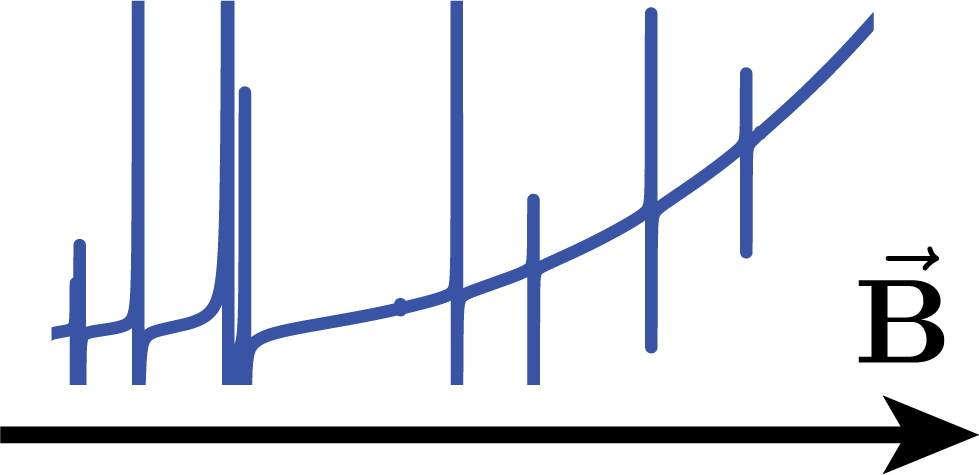
We perform the first numerically exact three-dimensional quantum scattering calculations on strongly anisotropic atom-molecule collisions in an external magnetic field, and study how vibrational degrees of freedom affect ultracold collision dynamics and magnetic Feshbach resonances.
Masato Morita, Jacek Klos, and Timur V. Tscherbul
Phys. Rev. Research 2, 043294 (2020).
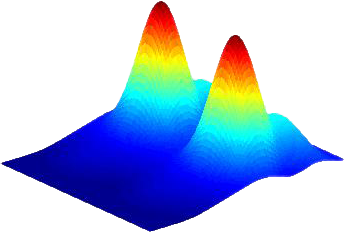
We show that angle-dependent reactive scattering of cold molecules can be efficiently controlled by forming coherent superpositions of degenerate rotational states, an example of quantum interference-based coherent control in action.
Adrien Devolder, Timur V. Tscherbul, and Paul Brumer
Phys. Rev. A 102, 031303(R) (2020).
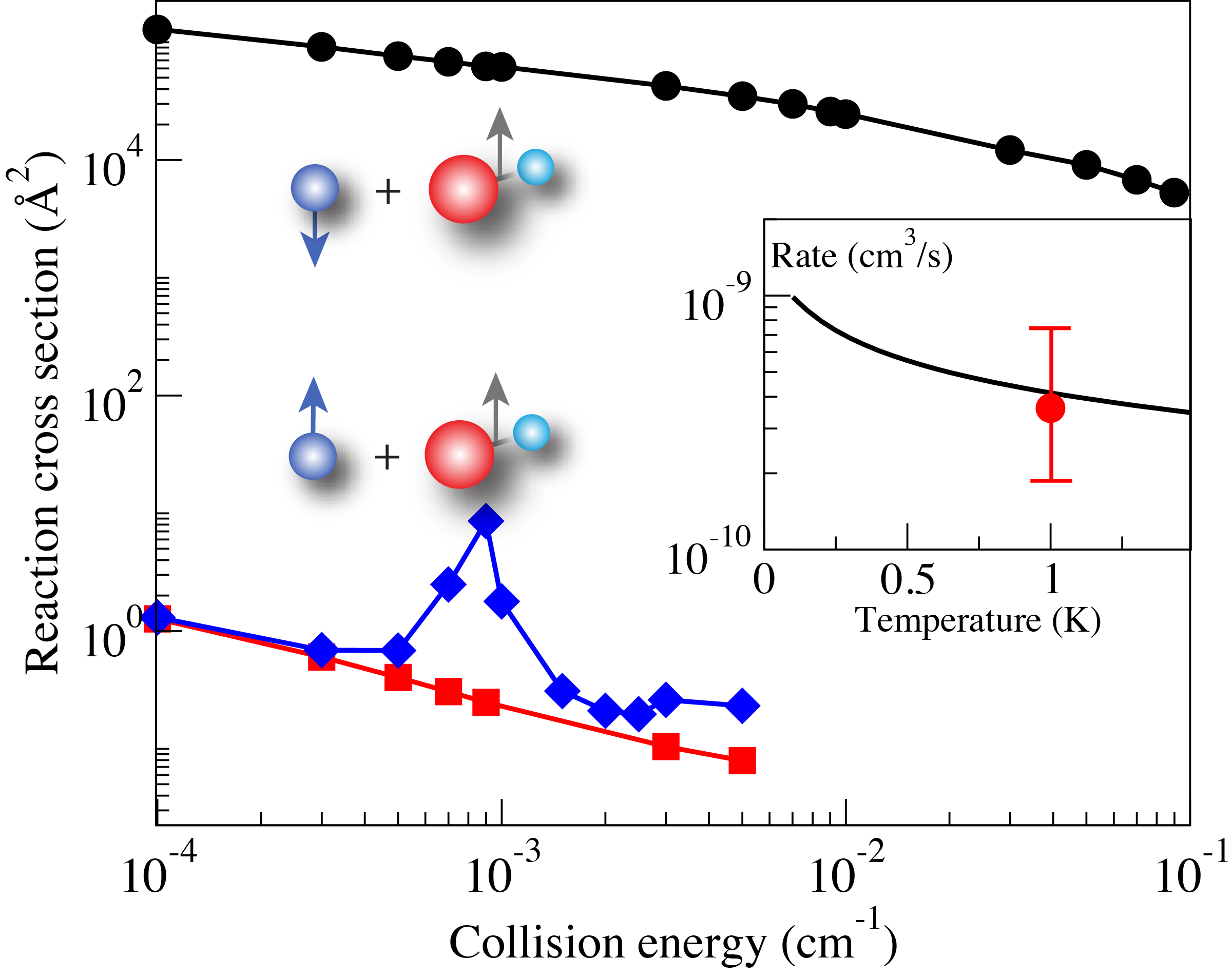
We developed an extended coupled-channel statistical theory of barrierless atom-diatom chemical reactions, and apply it to elucidate the effects of magnetic fields and hyperfine interactions on the ultracold chemical reaction of Li atoms with CaH molecules.
Jacek Klos and Timur V. Tscherbul
Phys. Rev. Research 2, 013117 (2020).
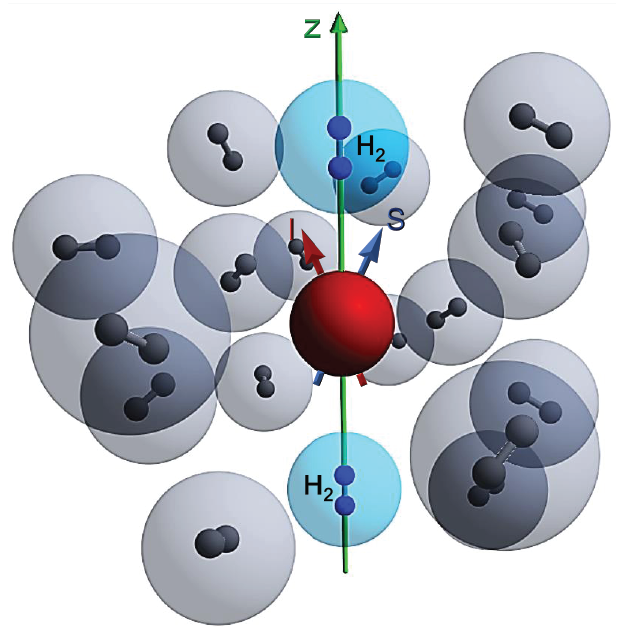
Our new theory of electron spin coherence lifetimes of alkali-metal atoms trapped in a solid para-hydrogen matrix agrees well with experimental observations. This is good news for using matrix-isolated atoms as a medium to store quantum information.
Sunil Upadhyay, Ugne Dargyte, Vsevolod D. Dergachev, Robert P. Prater, Sergey A. Varganov, Timur V. Tscherbul, David Patterson, and Jonathan D. Weinstein
Phys. Rev. A 100, 063419 (2019).
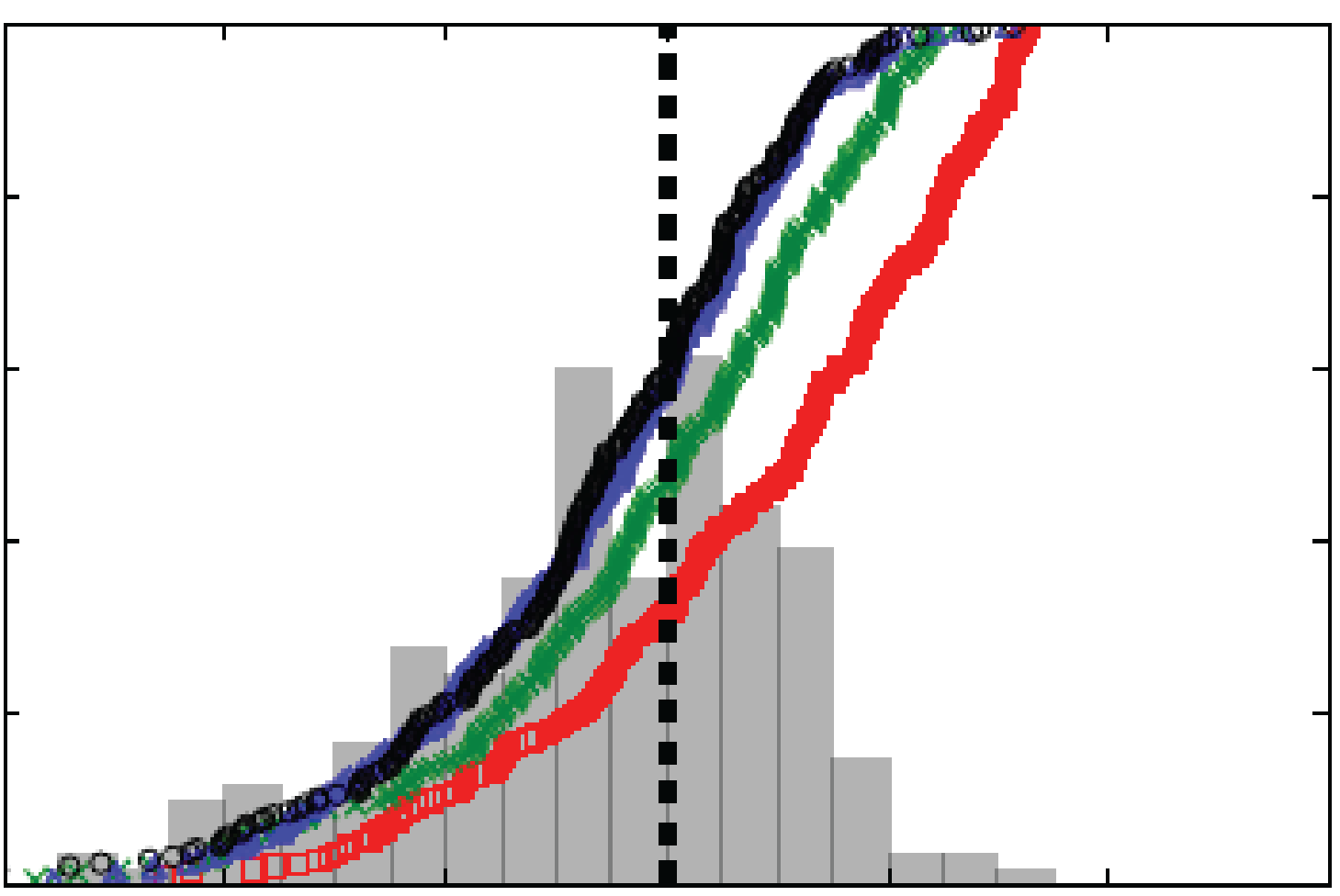
We propose a new statistical approach to cold molecular collisions based on cumulative probability distributions of scattering observables averaged over an ensemble of interaction potentials. The approach it applicable to a wide range of collision systems currently considered out of reach of quantum dynamics theory.
Masato Morita, Roman V. Krems, and Timur V. Tscherbul
Phys. Rev. Lett. 123 013401 (2019).
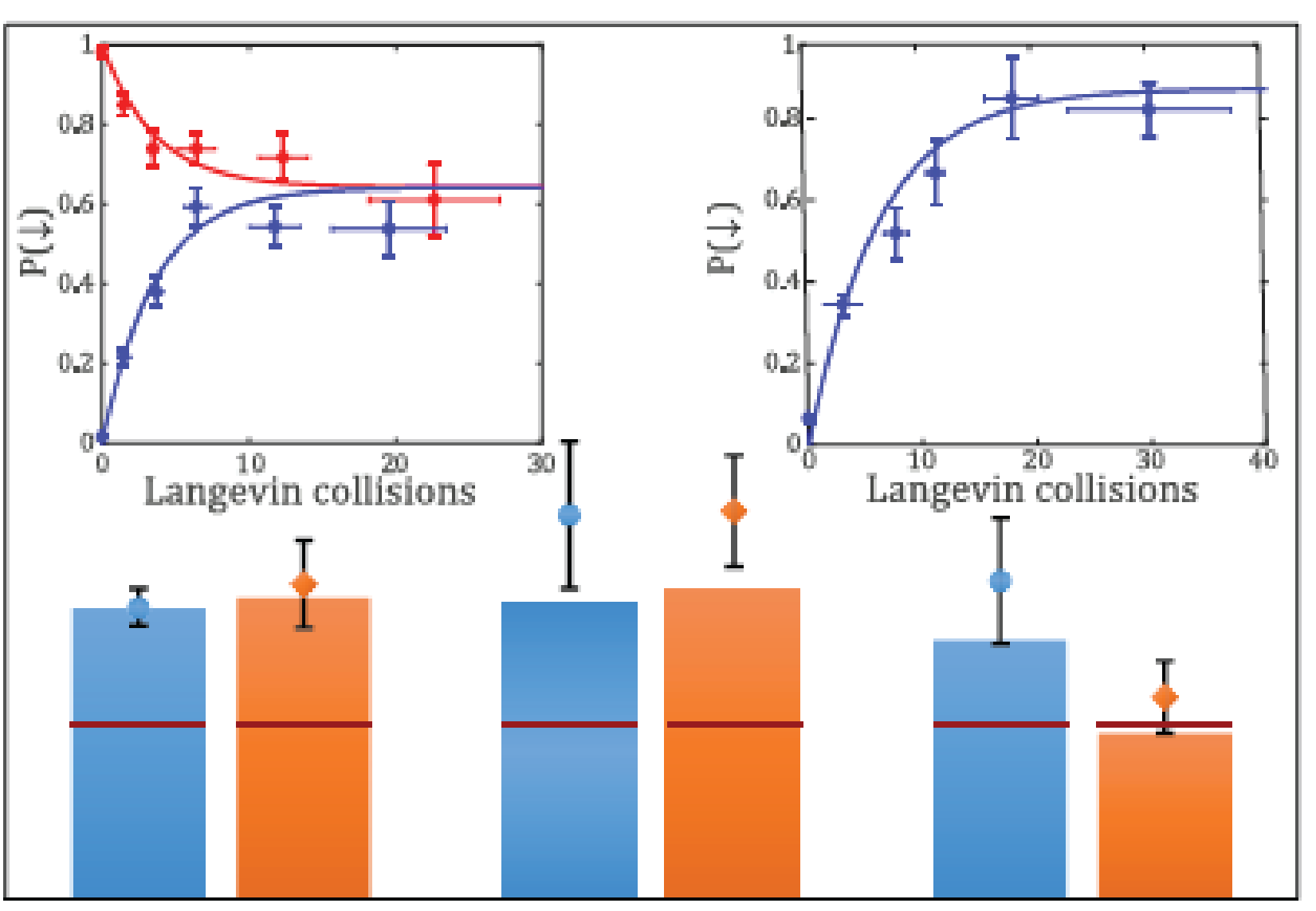
We discovered a new phase-locking effect in ion-atom collisions, which enables quantum interference to survive at much higher temperatures than previously believed possible.
Tomas Sikorsky, Masato Morita, Ziv Meir, Alexei A. Buchachenko, Ruti Ben-shlomi, Nitzan Akerman, Edvardas Narevicius, Timur V. Tscherbul, and Roee Ozeri
Phys. Rev. Lett. 121, 173402 (2018).
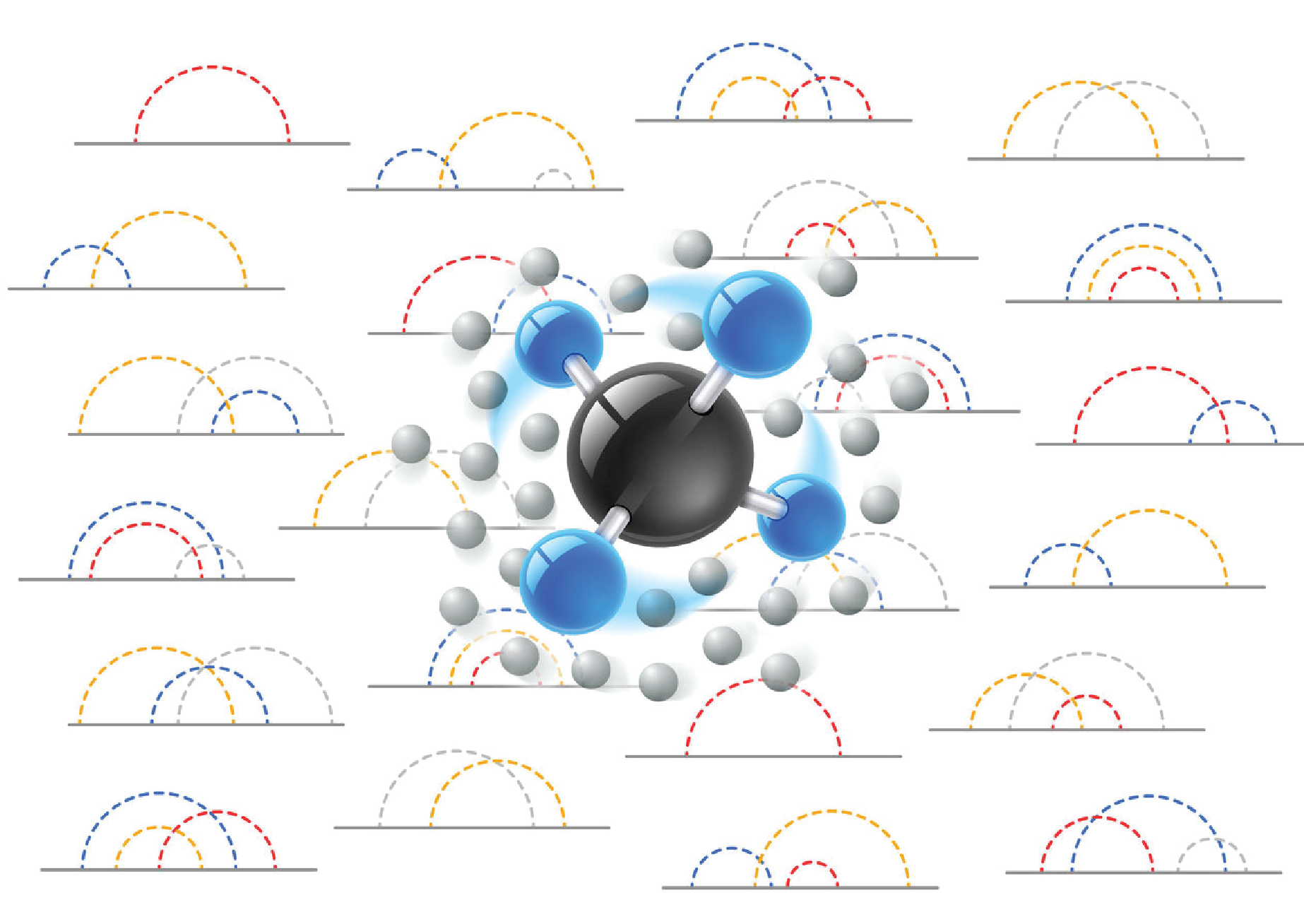
We introduce a diagrammatic Monte Carlo approach to quantum impurity problems, and apply it to obtain the Green’s function of the angulon model describing a rotating molecule immersed in a superfluid.
Giacomo Bighin, Timur V. Tscherbul, and Mikhail Lemeshko
Phys. Rev. Lett. 121, 165301 (2018).
Phys.org, Description of rotating molecules made easy
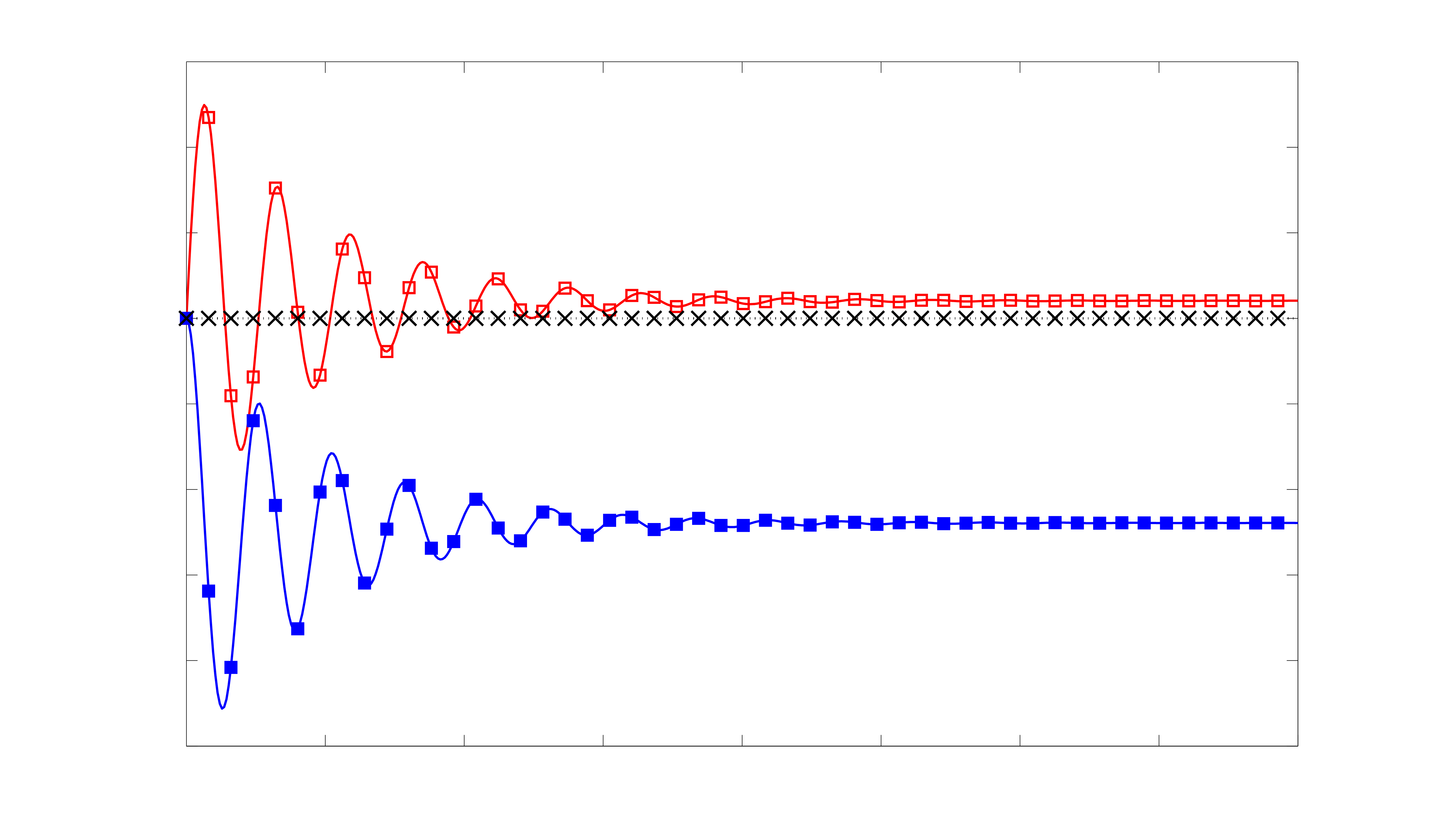
We propose an experimental test for the appearance of noise-induced Fano coherences using Ca atoms in magnetic fields excited with broadband incoherent radiation.
Amro Dodin, Timur V. Tscherbul, Robert Alicki, Amar Vutha, and Paul Brumer
Phys. Rev. A 97, 013421 (2018).
Full List
Hyperfine-to-rotational energy transfer in ultracold atom–molecule collisions of Rb and KRb
Y.-X. Liu, L. Zhu, J. Luke, M. C. Babin, M. Gronowski, H. Ladjimi, M. Tomza, J. L. Bohn, T. V. Tscherbul, and K.-K. Ni
Nat. Chem. 17, 688 (2025).
Ergodicity breaking in rapidly rotating C60 fullerenes
L. R. Liu, D. Rosenberg, P. B. Changala, P. J. D. Crowley, D. J. Nesbitt, N. Y. Yao, T. V. Tscherbul, and J. Ye
Science 381, 778 (2023).
A Feshbach resonance in collisions between triplet ground-state molecules
Juliana J. Park, Yu-Kun Lu, Alan Jamison, Timur V. Tscherbul, and Wolfgang Ketterle
Nature 614, 54 (2023).
Quantum spin state selectivity and magnetic tuning of ultracold chemical reactions of triplet alkali-metal dimers with alkali-metal atoms
Rebekah Hermsmeier, Jacek Kłos, Svetlana Kotochigova, and Timur V. Tscherbul
Phys. Rev. Lett. 127, 103402 (2021).
Universal stereodynamics of cold atom-molecule collisions in electric fields
Timur V. Tscherbul and Jacek Kłos
Phys. Rev. A 103, 062810 (2021).
Complete Quantum Coherent Control of Ultracold Molecular Collisions
Adrien Devolder, Paul Brumer, and Timur V. Tscherbul
Phys. Rev. Lett. 126, 153403 (2021).
Steady-state Fano coherences in a V-type system driven by polarized incoherent light
Suyesh Koyu, Amro Dodin, Paul Brumer, and Timur V. Tscherbul
Phys. Rev. Research 3, 013295 (2021).
Full-dimensional quantum scattering calculations on ultracold atom-molecule collisions in magnetic fields: The role of molecular vibrations
Masato Morita, Jacek Klos, and Timur V. Tscherbul
Phys. Rev. Research 2, 043294 (2020).
Coherent control of reactive scattering at low temperatures: Signatures of quantum interference in the differential cross sections for F + H2 and F + HD
Adrien Devolder, Timur V. Tscherbul, and Paul Brumer
Phys. Rev. A 102, 031303(R) (2020).
Magnetic tuning of ultracold barrierless chemical reactions
Jacek Klos and Timur V. Tscherbul
Phys. Rev. Research 2, 013117 (2020).
Spin coherence and optical properties of alkali-metal atoms in solid parahydrogen
Sunil Upadhyay, Ugne Dargyte, Vsevolod D. Dergachev, Robert P. Prater, Sergey A. Varganov, Timur V. Tscherbul, David Patterson, and Jonathan D. Weinstein
Phys. Rev. A 100, 063419 (2019).
Universal probability distributions of scattering observables in ultracold molecular collisions
Masato Morita, Roman V. Krems, and Timur V. Tscherbul
Phys. Rev. Lett. 123 013401 (2019).
Phase-locking Between Different Partial Waves in Atom-Ion Spin-Exchange Collisions
Tomas Sikorsky, Masato Morita, Ziv Meir, Alexei A. Buchachenko, Ruti Ben-shlomi, Nitzan Akerman, Edvardas Narevicius, Timur V. Tscherbul, and Roee Ozeri
Phys. Rev. Lett. 121, 173402 (2018).
Diagrammatic Monte Carlo Approach to Angular Momentum in Quantum Many-Particle Systems
Giacomo Bighin, Timur V. Tscherbul, and Mikhail Lemeshko
Phys. Rev. Lett. 121, 165301 (2018).
Secular versus nonsecular Redfield dynamics and Fano coherences in incoherent excitation - An experimental proposal
Amro Dodin, Timur V. Tscherbul, Robert Alicki, Amar Vutha, and Paul Brumer
Phys. Rev. A 97, 013421 (2018).
Restricted basis set coupled-channel calculations on atom-molecule collisions in magnetic fields
Masato Morita and Timur V. Tscherbul
J. Chem. Phys. 150, 074110 (2019).
Enhanced spin coherence of rubidium atoms in solid parahydrogen
Sunil Upadhyay, Ugne Dargyte, Robert P. Prater, Vsevolod D. Dergachev, Sergey A. Varganov, Timur V. Tscherbul, David Patterson, and Jonathan D. Weinstein
Phys. Rev. B 100, 024106 (2019).